 At the start of the year, we announced a series of events, guest blogs and articles to celebrate the 10th anniversary of the Livingston James Group. At Rutherford Cross, we engaged with senior finance leaders to discuss the changing role of the CFO as we look to the future.
At the start of the year, we announced a series of events, guest blogs and articles to celebrate the 10th anniversary of the Livingston James Group. At Rutherford Cross, we engaged with senior finance leaders to discuss the changing role of the CFO as we look to the future.
When COVID hit, our priorities, like those of everyone else, shifted to the wellbeing of our family, friends, and colleagues and how the Group would operate in the lockdown situation we found ourselves in.
As the country cautiously begins to emerge from the initial stages of the pandemic and resulting lockdown, we have asked CFOs to revisit their ideas on the changing role of the CFO in our ‘new normal’.
This instalment features Stuart Roberts, Group Finance Director, James Jones & Sons Ltd.
Technology
Technology is certainly going to assist the CFO and accounting profession. It will no doubt significantly reduce human intervention, which will save time, increase efficiency, reduce errors and provide better analytics.
Auditors are already using AI to some extent on areas such as fraud and internal controls (e.g. duplicate payments to same bank accounts). Better ERP systems should provide quicker financial statements and better records to audit and learn from.
Technology has had its biggest business continuity test in recent months following the Covid-19 pandemic and our business has come through with flying colours. It has proven that a robust infrastructure, along with strong scenario and risk planning means that we can work from home when required and run the business effectively.
Building Robust Finance Functions
This will continue to be a key priority for CFOs. By building a robust accounting function, finance should be more closely aligned to the business and help with the customer experience and service. CFOs should consider centralising/automating transactional processing and appoint an experienced accounts/finance person to work with the business unit/divisions or local market.
When building a team, interpersonal skills are key. Many people have a tendency to hide behind emails and social media. Speaking to people face to face (or over Zoom or Teams) is the best way to learn about a business. The technology should further facilitate personal interactions, not replace them.
Managing Risk
Managing cyber risk is an increasing priority for the CFO as we increasingly rely on technology over people. Risk registers should be a priority as they detail the things that need to be addressed and the key is to act on them and mitigate the risk. Emails, finance systems and servers are always at the risk of being hacked. The simple process of changing bank accounts can lead to fraud, so the CFO must be vigilant and put appropriately robust measures in place.
Compliance and Regulation
Changing compliance requirements, regulatory rules and the role of audit (external and internal) is a hot topic. Compliance and changes in regulation should be put in place to add value to an industry or a business, but more often than not it just adds adds layers of cost, reporting and bureaucracy.
There have been many changes to health and safety regulation in relation to Covid-19 – the safety of our staff, customers, suppliers and the general public is our key priority. We are constantly implementing Government advice and best practice to ensure we achieve this.
The Role of the CFO
The CFO role exists to be more than just the financial steward. Strategic input into business performance is key. The CFO should always be looking 3-5 years ahead, identifying future risks and opportunities, whilst developing the team with succession planning in mind. In the circumstances we find ourselves in due to the pandemic, this has never been more critical.
Stuart was talking to Mark Lewis, Director at Rutherford Cross. To discuss your senior finance recruitment needs or if you are seeking a new challenge yourself, please contact Mark on [email protected]






